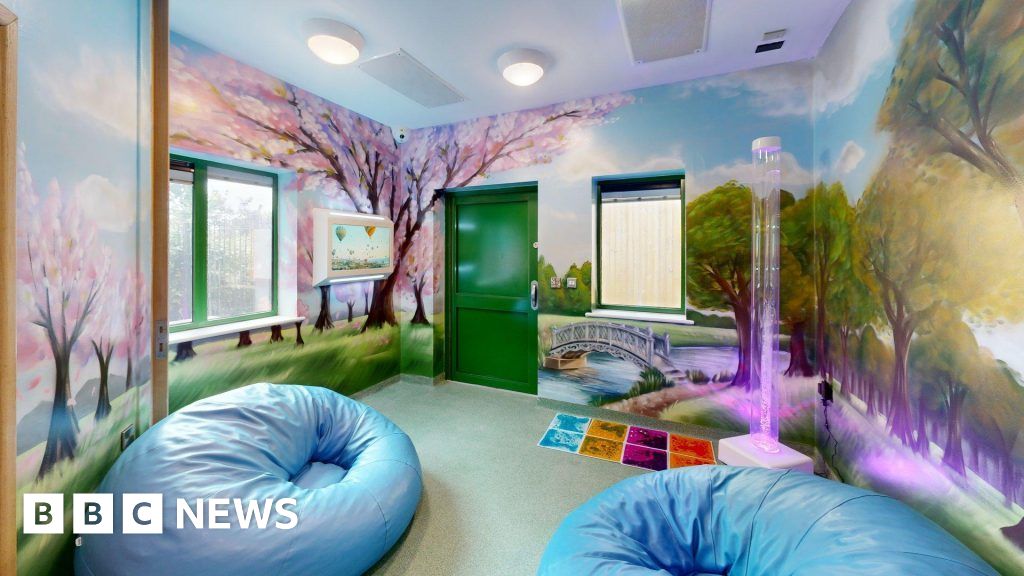Medicare: The Reality Check for Retirement Healthcare – What You Need to Know

As retirement looms, many envision a comfortable and secure future, often assuming Medicare will seamlessly cover healthcare costs, especially long-term care like nursing home stays. However, the reality is often a stark contrast to this expectation. This article delves into the limitations of Medicare, revealing why it's not the 'free ride' many anticipate and providing crucial insights for planning your retirement healthcare needs.
The Medicare Myth: It Covers Everything, Right?
The misconception that Medicare provides comprehensive coverage, particularly for long-term care, is widespread. While Medicare is a vital program for millions of Americans over 65, its benefits are often misunderstood. It’s important to understand that Medicare is primarily designed to cover acute healthcare needs – those related to short-term illnesses or injuries requiring hospitalization or doctor’s visits.
What Medicare Doesn't Cover: The Big Gap in Long-Term Care
Here’s the crucial point: Medicare offers extremely limited coverage for long-term care services. This includes:
- Nursing Home Care: Medicare typically covers a maximum of 100 days of skilled nursing facility care following a qualifying hospital stay of at least three days. This coverage is contingent on the need for skilled nursing or rehabilitation services, not simply custodial care (assistance with activities of daily living like bathing, dressing, and eating).
- Assisted Living: Medicare does not cover assisted living facilities. These facilities primarily provide housing and personal care assistance, which Medicare considers non-skilled care.
- Home Healthcare: While Medicare does cover some home healthcare services, it's limited to short-term, skilled nursing care or physical/occupational therapy prescribed by a doctor. Routine personal care is generally not covered.
Why This Matters: The Rising Costs of Long-Term Care
The cost of long-term care is soaring. According to recent studies, a private room in a nursing home can easily exceed $10,000 per month. Assisted living facilities are also a significant expense, often costing several thousand dollars per month. These costs can quickly deplete savings and jeopardize retirement security.
Planning for the Unexpected: What Can You Do?
Don't rely solely on Medicare for your retirement healthcare needs. Here are some strategies to consider:
- Long-Term Care Insurance: This is arguably the most direct way to cover long-term care costs. However, it’s best to purchase a policy while you’re younger and healthier, as premiums increase with age and health conditions.
- Medicaid: Medicaid is a needs-based program that can cover long-term care costs for those who qualify. However, eligibility requirements are strict and often involve spending down assets.
- Life Insurance with Long-Term Care Riders: Some life insurance policies offer riders that allow you to accelerate benefits to pay for long-term care expenses.
- Savings and Investments: Plan to set aside a portion of your savings specifically for potential healthcare costs.
- Family Support: While not a guaranteed solution, discuss potential caregiving responsibilities with your family members.
The Takeaway: Be Proactive and Informed
Retirement planning isn’t complete without a thorough understanding of Medicare’s limitations and a proactive approach to addressing potential long-term care needs. Don't wait until a crisis arises to explore your options. Consult with a financial advisor and healthcare professional to develop a comprehensive plan that protects your financial future and ensures you receive the care you need when you need it. The time to plan is now.






